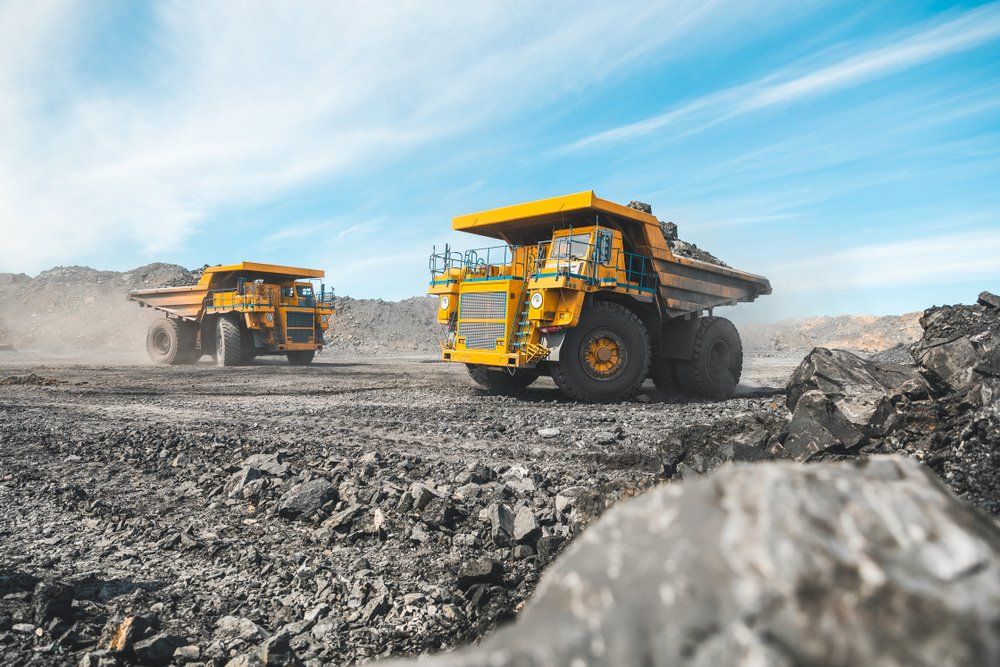Coal's New Normal
Coal's new normal - just like the old normal...
As the old saying goes - Lies, damned lies, and statistics.
Our ever-concerned "green" friends keep telling us that new coal projects are uneconomic and investors shouldn't lose their money developing them. Coal is in decline - someone in Paris said so. Intellectual giant Senator Larissa Waters tells us that coal prices have fallen 70% since 2009. Green-investment fund manager and ABC-favourite "expert" used ironically, trust me. Tim Buckley tells us that we've hit peak coal. How about we look into some facts.
Coal is NOT in decline
Despite a small contraction in consumption in fiscal 2014/15, global thermal coal consumption is slated to increase year-on-year into the foreseeable future. As new power stations come online (some older ones go offline) and expanding power requirements in southern Africa, India, and China continue we will continue to see coal-based energy as a cornerstone of low-cost energy for many years to come. At least 40MW of capacity is commissioning in 2016, with much more under construction or in approvals or planning phases.
Coal Prices have fallen - back where they used to be
Well, duh! Thanks for that Larissa. Thanks to a surge in crude oil and coking coal prices on the back of successive flood seasons and cyclones interrupting port and rail supply at key contract negotiation times Thermal Coal prices were at record highs in 2009. In fact, it was compounded by post-GFC investment stimulus in China which added additional demand to an already heated production environment. When you look at thermal coal pricing over the longer term, and exclude the convenient highs (they're called outliers, Larissa) you see a much more stable picture.
I agree that it still looks pretty sad. But let's take exchange rate into account...
Pretty clearly, you can see a long term floor in the AUD coal price of about $55/t. Sure margins have diminished since the last time prices were in the $60/t range as excessive growth in wages, royalties, mining taxes have taken their toll. We will continue to see reductions in wage rates as unions counter the casualization of the workforce. It's going to be bumpy, but interesting, as the industry transitions in the next year or two back to the "old normal".
Peak Coal? I don't think so, Tim
Peak-anything, by its definition, suggests that the ability of supply to meet demand becomes unsustainably unbalanced. As director of the failed Arkx Clean Energy Fund, Tim Buckley spruiks a good story about the end of fossil fuels and an investment in his fund is the way of the future. Being an economist and Director of the fossil-fuels hating IEEFA (can't be bothered typing it out, its name is a fallacy) you'd think if anyone understood supply and demand it would be Tim. Sadly, he's already called Peak Coal. If peak coal was the case, the price would be climbing inexorably and making the switch to a 100% renewable energy economy as simple as the green lobby wants us to believe.
As is typical of an anti-fossil fuels type, Tim only tells half the story. Supply, demand and price are intrinsically linked. When supply and demand move out of equilibrium, there is a shift in price which either stimulates or softens supply. We are seeing a return to equilibrium. Thermal coal production has increased by 54% between 2008 and 2015. The supply/demand equation has been out of equilibrium and is returning to normal.
Let me make one thing clear - future growth in energy is likely to come predominantly from renewable sources but the elimination of coal from the mix is not going to happen.
Paris will see the end of coal
Paris will see the end of dirty coal. Australian thermal coal is the cleanest in the world. A shift to super-critical and ultra-super-critical coal fired power stations requiring higher quality coal than has previously been used (especially in China and India) will result in reduced carbon emissions. The commercialisation of proven Carbon Capture and Storage (CCS) technologies will ensure that existing power infrastructure remains in place for decades to come.
Coal is again the cheapest form of base load electricity. Developing nations will continue to have thermal coal power supply in the mix as they grow their economies whilst developed nations shift the technology intensive and more costly nuclear, solar, and wind-based supply networks.









